
Meet Laura Kor, a conservation scientist undertaking a PhD at the Royal Botanic Gardens Kew and King’s College London. This is the second post of a series, celebrating the brilliant winners of the #plantscistory2021 contest and their stories.

Meet Laura Kor, a conservation scientist undertaking a PhD at the Royal Botanic Gardens Kew and King’s College London. This is the second post of a series, celebrating the brilliant winners of the #plantscistory2021 contest and their stories.
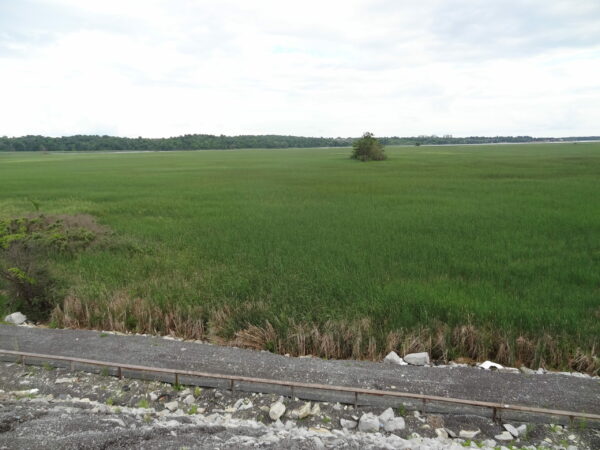
Meet Dr. Verena Sesin, an environmental toxicologist and recent graduate. This is the first post of a new series, celebrating the brilliant winners of the #plantscistory2021 contest and their stories.
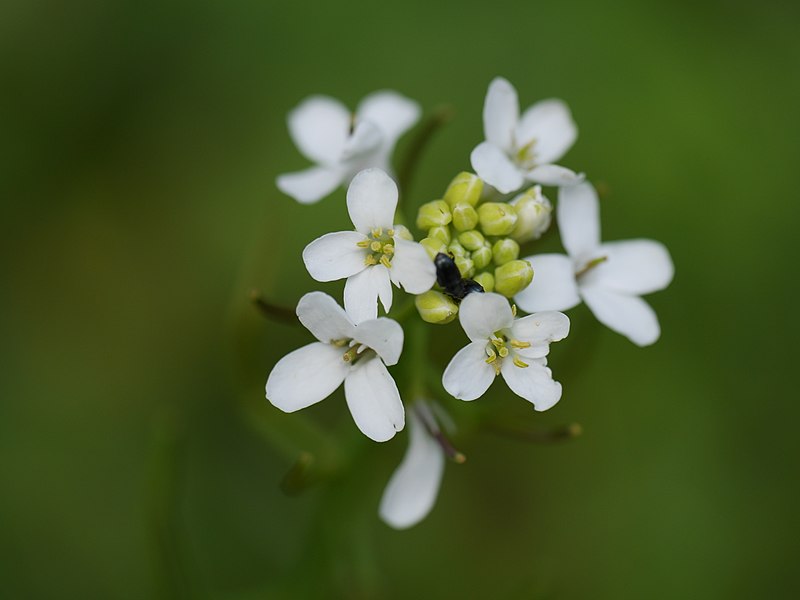
The discovery of a pH switch in Arabidopsis is remarkable for understanding the plant’s response to pH and pH-dependent nutrient limitations. This study marks an important step forward in the search for pH sensors in plants, and sets the stage for applied research in the near future.
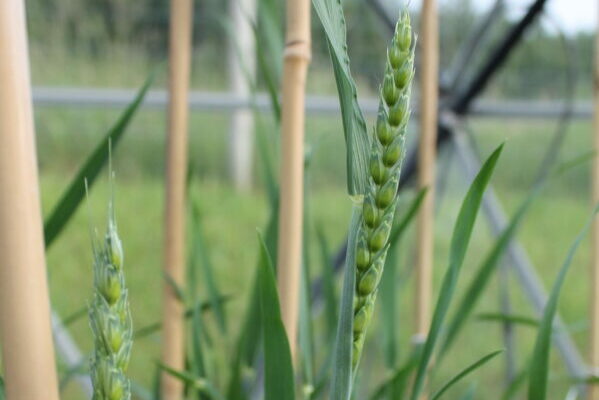
ECRi blog post on ground level ozone and its effect on the nitrogen dynamics of wheat.

The Global Plant Council and Plants, People, Planet are delighted to announce the 5 winners of our #PlantSciStory2021 competition.
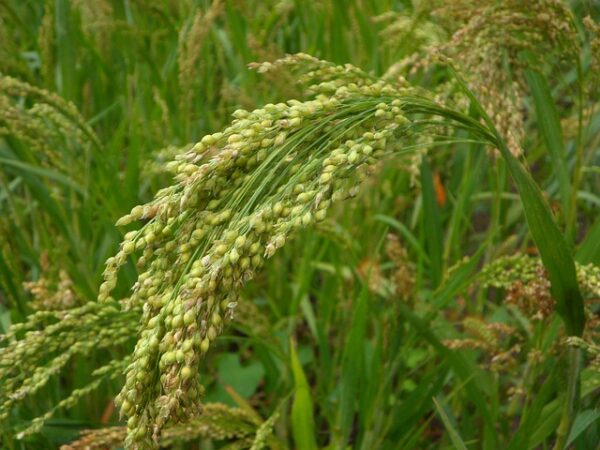
Considering the importance of these nutritious small grain crops the U.N. General Assembly recently adopted a resolution, sponsored by India and supported by more than 70 countries, declaring year 2023 as the International Year of Millets. The resolution is meant to extend public awareness on the health edges of millets and their suitableness for cultivation beneath robust conditions marked by global climate change.
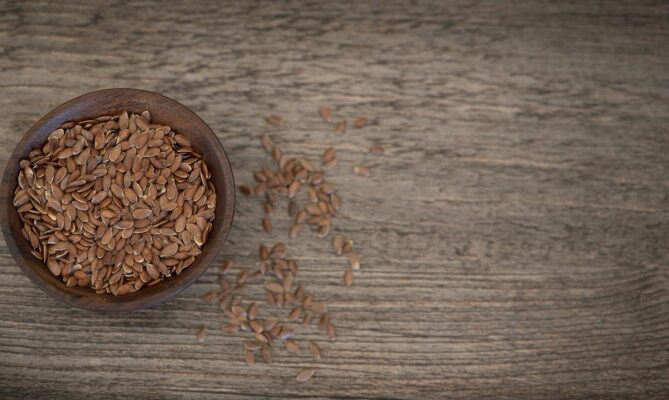
Linseed or flax (Linum usitatissimum) is known to be one of the oldest crops, cultivated since the beginning of civilization. In the last two decades, due to the potential health benefits associated with its biologically active components, linseed has been the focus of increased interest in the field of diet and disease research.

The ability to briefly describe your research and its wider impact is a valuable skill. Whether for a poster presentation, conference talk or job application – being able to engage and interest people in your research with few words (and little time) is important. We therefore want to challenge you to put your communication skills to the test by entering #plantscistories for a chance to win a prizes.
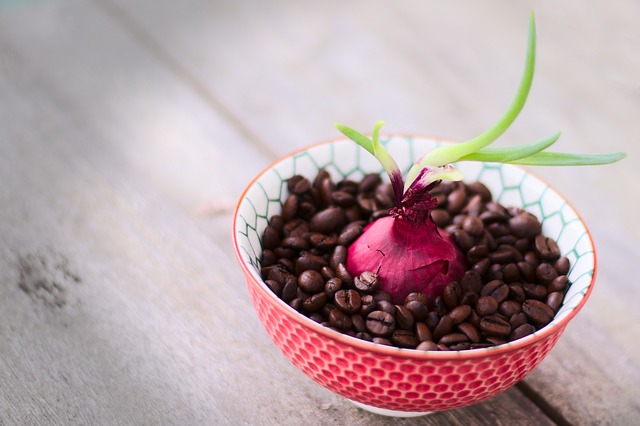
Small to moderate amounts of caffeine can lift your moods and drop the stress levels. Caffeine (trimethylxanthine) is nothing, but a modified form of a related molecule called xanthine, which can also be converted into other smaller molecules that help the plants cope with stress. Of course, the kind of stress that the plants feel is different and more defined than that from human. For example, the most prominent stress in the plants is the lack of sufficient water. Hence, in a way, the content of xanthine in the plants can contribute to lifting the mood of the plants.
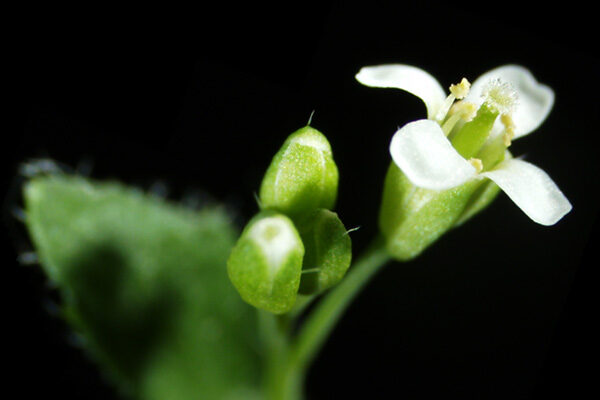
Commentary on Gobert et al. The authors prove the feasibility of an idea through this proof-of-concept work. As they point out, plant antiviral treatments are usually virus-specific, unfortunately for the moment a ‘broad-spectrum’ plant antiviral does not exist.